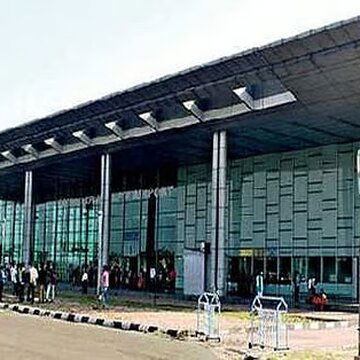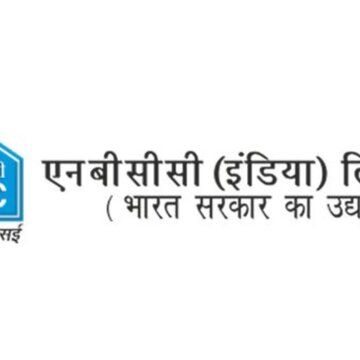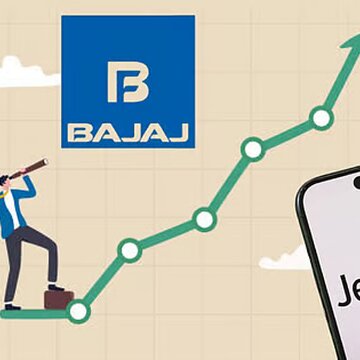October is coming to an end, and November will begin on Saturday. From the very first day of the new month, several key changes will take effect across banking, finance, and other sectors- many of which will directly impact daily life. Here’s a look at the major changes set to roll out from November 1.
From November 1, four people can be selected as nominees for bank accounts and lockers. A notification was issued in October announcing multiple nominations. Along with this, the nomination process has also been made easier.
ALSO READ | SAIL hits 52-week high; stock price surges 7 per cent before Q2 results
State Bank of India's charges for various types of cards will also change from November 1. A 1% fee will be charged for education-related payments made using third-party apps like Cred, Cheq, and MobiKwik. A 1 % fee will be charged for wallet load transactions exceeding ₹1,000.
From November 1, various Aadhaar-related changes can be made online. Only biometric updates will require a visit to the Aadhaar office. Charges related to these updates will also change from November. A fee of ₹75 will be required for changes related to name, address, date of birth, or mobile number. A fee of ₹125 will be required for biometric-related updates.
State and Central government pension recipients will have to submit their annual life certificates between November 1 and November 30. This is mandatory for receiving regular pensions. If life certificates are not submitted on time, pensions may also be stopped. Those wanting to change from the National Pension System (NPS) to the Unified Pension Scheme (UPS) must do so by November 30.
According to Union Finance Minister Nirmala Sitharaman's announcement, the GST registration system will begin from November 1. The government has claimed to make this process easier.











